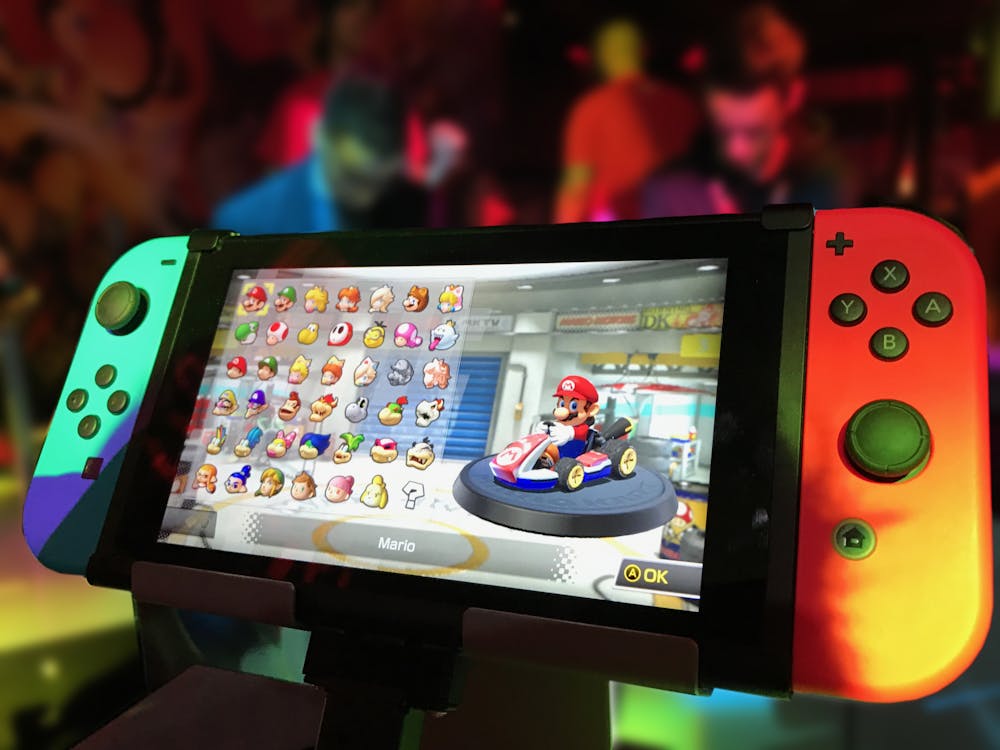
Nintendo has drawn the line between its games and artificial intelligence (AI) after President Shuntaro Furukawa publicly confirmed that the company would not be incorporating generative AI into its game development.
In its latest Q&A meeting with investors and shareholders, Furakawa went on record stating that it has no plans to use generative AI due to its tools’ tendency to scrape web content for images and text without permission.
Saying No to Generative AI
“Generative AI, which has been a hot topic recently, can be more creative [in its use], but I also recognize that it has issues with intellectual property rights,” the president said, according to the machine translation from the investor Q&A transcript.
Nintendo has been at the forefront of protecting its intellectual property rights. Historically, it has fought many legal battles and sued different entities, including fans and consumers, over infringement of its trademark, as well as piracy and unlicensed use of characters and game elements.
The Japanese video game company also added that it already had the technology and “know-how to create optimal gaming experiences” for its customers throughout the decades since its founding in 1889. “While we are flexible in responding to technological developments, we would like to continue to deliver value that is unique to us and cannot be created simply by technology alone.”
Furukawa clarified that Nintendo’s position against AI only extends to generative AI since many aspects of game development, like controlling enemy movements, have long used specific AI routines to be accomplished.
Taking the Road Less Traveled by
Nintendo’s move away from generative AI was unprecedented in the game industry after many rival companies jumped the wagon and began exploring the use of automated technology to increase speed and efficiency in their game development processes.
Among these competitors is Microsoft, which has made partnerships with Inworld AI to build AI game dialogue and narrative tools. It is also extending AI to Xbox customer support by testing an animated chatbot character.
Likewise, in March, Nvidia already showcased its dynamically responding nonplayer characters at the 2024 Game Developers Conference (GDC). The leading graphic-processing unit manufacturing business then became the world’s most valuable company in June courtesy of its advanced AI processors going blockbuster on the market.
However, according to CNET’s David Lumb who attended GDC 2024, AI is still yet to be actually added to games. Despite the emerging AI applications in the field, Lumb wrote that major companies remain stuck in exploring different approaches to using AI and are hesitant to integrate the technology in a major way in their programs.
As such, the industry may eventually settle in just including generative AI in production tools and other rudimentary aspects of game development, as noted by Ohio State senior lecturer Neil Kirby in agreement with Lumb.



















